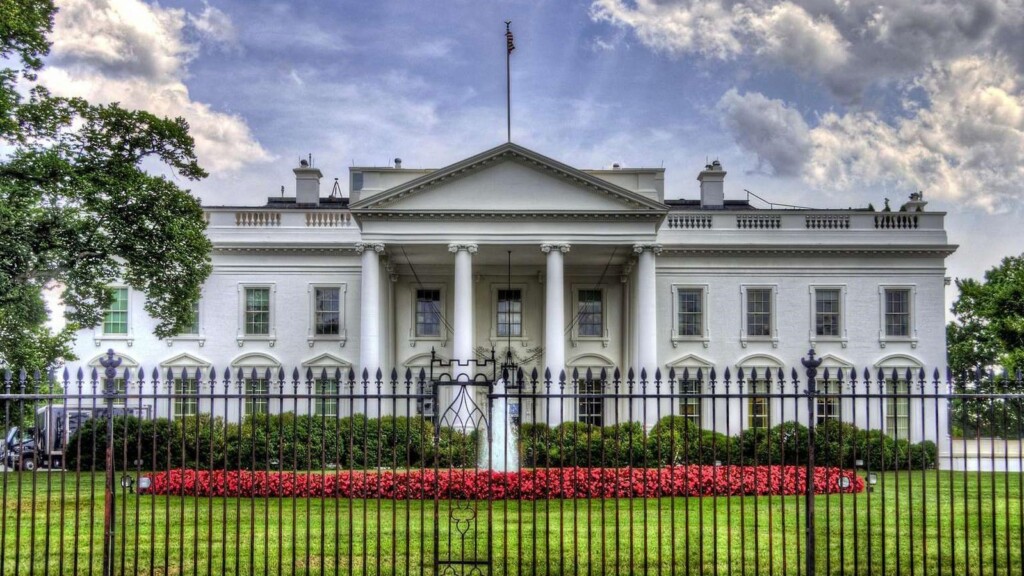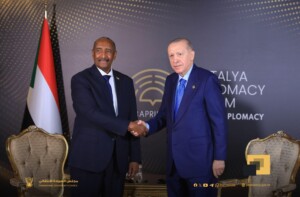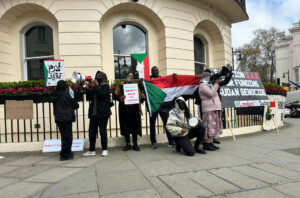New US sanctions target ‘contributors to Sudan’s instability’

The White House in Washington DC (Photo: US National Parks Service)
On Thursday, the USA imposed new sanctions on Ali Karti, head of the Islamic Movement in Sudan, and two companies affiliated with the Rapid Support Forces (RSF), one of which is based in Russia. The US State Department also imposed visa restrictions, on Islamists and former regime officials, because they ‘undermined the transition to democracy in Sudan’.
The US Department of the Treasury said in a press release yesterday that the US Department of the Treasury’s Office of Foreign Assets Control “targeted two entities and one individual for their role in undermining the peace, security, and stability of Sudan”.
The department stated that the actions of Ali Karti “have obstructed efforts to reach a ceasefire to end the current conflict between the Sudanese Armed Forces (SAF) and the Rapid Support Forces (RSF) and opposed Sudanese civilian efforts to resume Sudan’s stalled democratic transition”.
Karti, who served as Minister of Foreign Affairs under the government of Omar Al Bashir, was selected as leader of the Sudanese Islamic Movement (SIM) after Al Bashir was ousted, in April 2019.
He “led efforts to derail Sudan’s progress toward a full democratic transition, including by undermining the former civilian-led transitional government and the Framework Political Agreement process, which contributed to the outbreak of fighting between the SAF and RSF on April 15,” the press release reads.
“He and other hardline Sudanese Islamists are actively obstructing efforts to reach a ceasefire to end the current war between the SAF and RSF and opposing Sudanese civilians’ efforts to restore Sudan’s democratic transition.”
US Secretary of State Anthony Blinken commented yesterday that Karti and other former Al Bashir regime officials are not only obstructing efforts to reach a ceasefire between the SAF and the RSF, but are also “mobilizing forces to enable continued fighting”.
The visa restrictions include “Sudanese Islamists and officials in the former Al Bashir regime, as well as other individuals who work to suppress human rights and fundamental freedoms or participate in other actions that undermine Sudan’s aspirations for democracy”.
According to the Sudan War Monitor, the sanctions have been made against companies which have supplied the RSF with drones. These include the “Russian company, Aviatrade LLC, and a Sudanese company, GSK Advance Company Ltd”.
Brian E. Nelson, Treasury Under Secretary for Terrorism and Financial Intelligence, said that “We will continue to target those who work to perpetuate this conflict for personal gain”.
The US Department of the Treasury’s Office of Foreign Assets Control on September 6 imposed sanctions on RSF Deputy Commander Abdelrahim Dagalo for alleged human rights abuses in Sudan.
In mid-July, the UK sanctioned six companies they say belong to the leaders of the SAF or the RSF. British Foreign Secretary James Cleverly said this was an effort to directly target “those whose actions have destroyed the lives of millions”.
On May 4, a US executive order imposed sanctions on individuals destabilising Sudan, but did not mention any names. Later that month, experts called for broader targeted sanctions to limit the humanitarian disaster caused by the SAF-RSF war that broke out on April 15.











 and then
and then